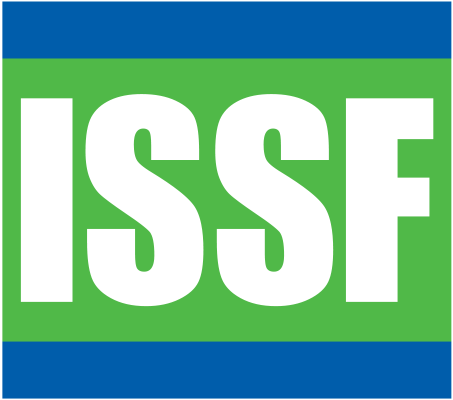Other Resources
species information
Jelly-FAD CONSTRUCTION GUIDE
Published in 2024, ISSF’s Jelly-FAD Construction Guide gives tuna fishers step-by-step instructions for building the most sustainable fish aggregating device (FAD) to date. Jelly-FADs are made without netting and are nearly 100% biodegradable, built with natural materials such as bamboo, cotton, and manila hemp. ISSF scientists developed the jelly-FAD design in collaboration with physical oceanographers and tuna fishing crew.
Non-entangling and biodegradable Fads guide
The 2019 edition of our Guide to Non-Entangling FADs includes guidelines and illustrations for constructing fish aggregating devices (FADs) that are biodegradable as well as non-entangling. Download the ISSF Non-Entangling and Biodegradable FADs Guide for purse-seine fishers, Regional Fisheries Management Organizations (RFMOs), governments, and vessel owners from the ISSF site in these languages:
BYCATCH-MITIGATION POSTERS
These posters for fishers show “best practices” for handling and releasing sharks, manta rays, and sea turtles that are incidentally caught. The posters are based on the best practices for bycatch-handling guidebook produced by Poisson et al. 2012.
MOBULA RAY POSTERS
These bycatch mitigation posters, courtesy of ISSF Seafood Sustainability Contest Grand Prize Winner Melissa Cronin, are designed to help fishers identify ray species and follow recommended handing techniques.
Bahasa/Malay (Western & Central Pacific Ocean and Indian Ocean)
Chinese (Western & Central Pacific Ocean and Indian Ocean)
English (Atlantic Ocean, Eastern Pacific Ocean, Western & Central Pacific Ocean and Indian Ocean)
French (Atlantic Ocean)
Korean (Eastern Pacific Ocean)
Spanish (Eastern Pacific Ocean)
Tagalog (Western & Central Pacific Ocean and Indian Ocean)
Taiwanese (Eastern Pacific Ocean, Western & Central Pacific Ocean and Indian Ocean)
shark lines illustration
An ISSF illustration for longline fishers shows shark lines — a type of fishing gear used to target sharks. Shark lines consist of an individual hooked line or hooked lines attached to the floatline or directly to the floats of longline gear and deployed in the water column at depths shallower than the mainline.

